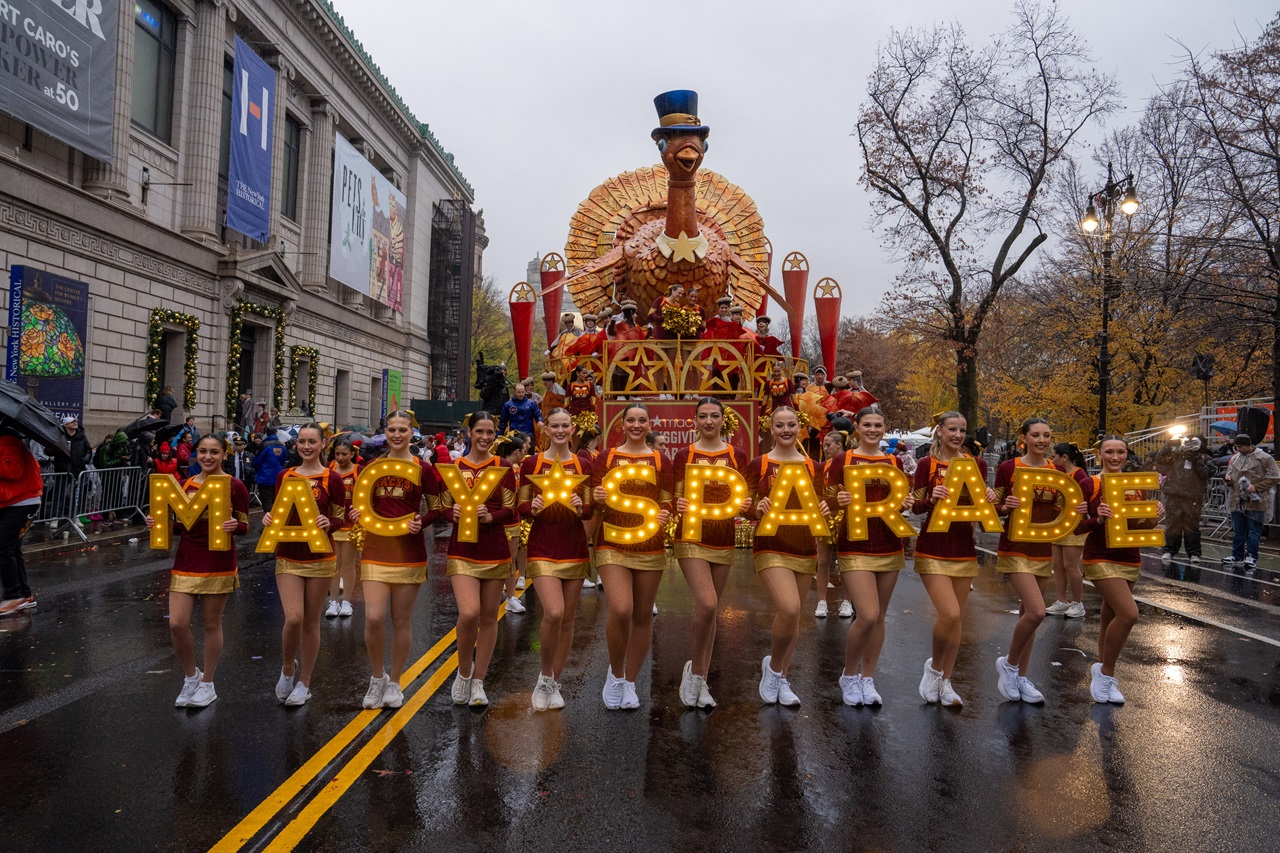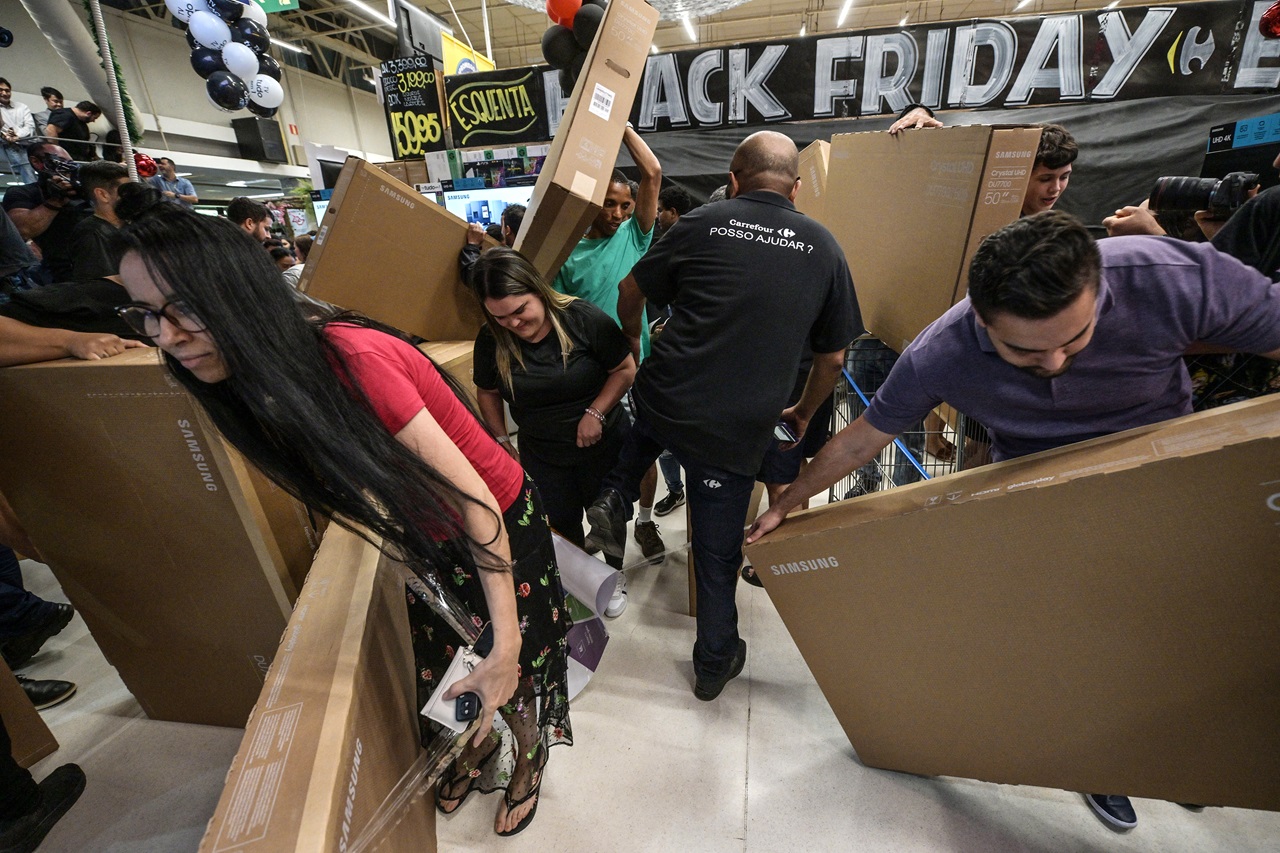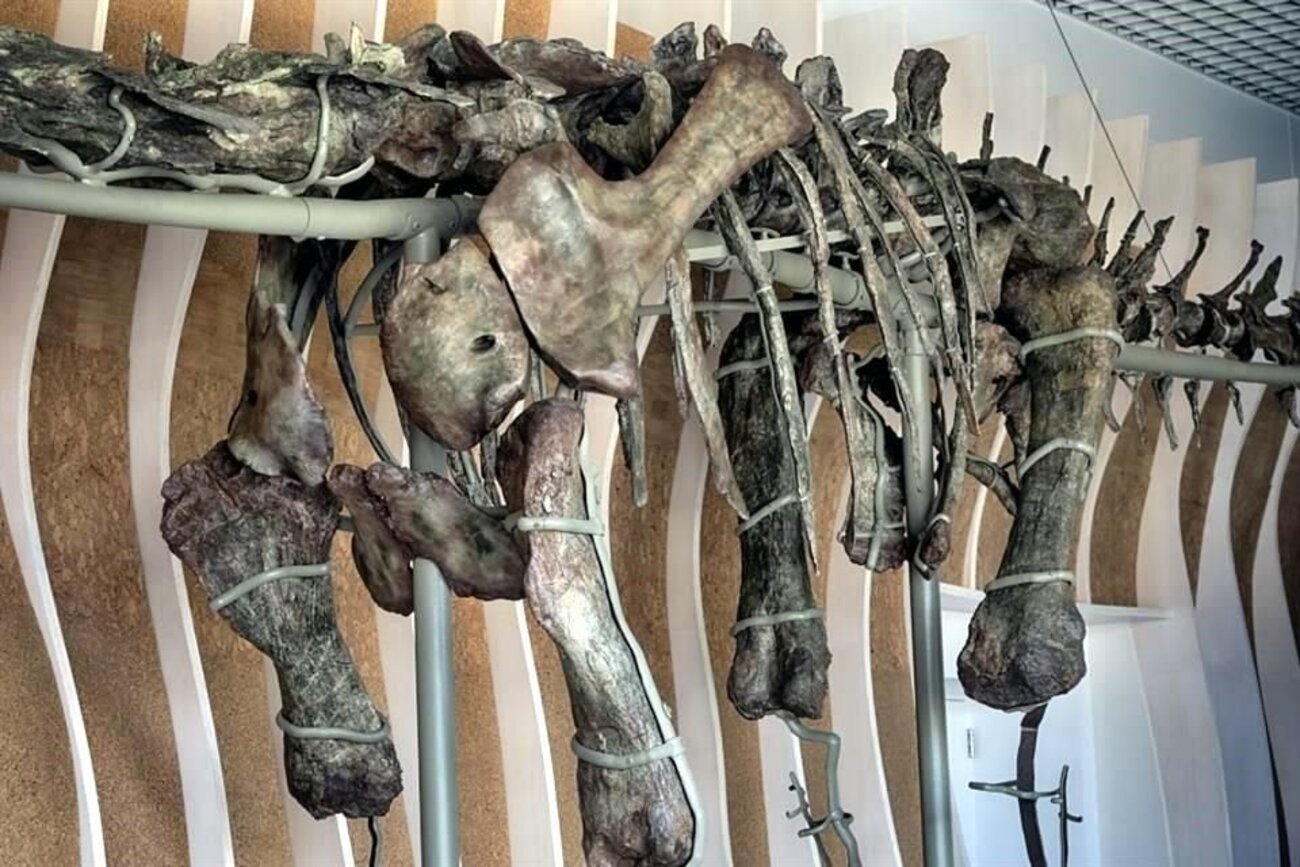
How Trump’s Ban Hurts Muslim Athletes in High-Schools
Trump’s second travel ban has been blocked again by federal judges, but the Administration is sure to appeal. The Hawaii judge said the ban was meant to “disfavor a particular religion, in spite of its stated, religiously-neutral purpose.” The travel ban specifically targets six Muslim-majority countries: Sudan, Yemen, Somalia, Lybia, Iran and Syria - and this is clearly a challenge for foreign athletes of this nationalities, as reported in The New Yorker.
In Texas, the Iman Academy SW, an Islamic school in Houston seeking participation in a local sports league, received a series of charged questions from organizers, including whether the school considered Jews and Christians to be “infidels.” The Olympic fencer Ibtihaj Muhammad helped increase the profile of athletes who compete in a hijab, but many girls and women still face harassment for doing the same. (This month, Nike announced plans to market a high-performance hijab.) And, in spite of their accomplishments, many Muslim athletes are still dismissed.
“There are tons of stories in our community about this,” Omair Zahid, founder and head of the National Muslim Athletic Association, said. Many of the players have experienced issues with customs and immigration, he said, and several have been held in waiting rooms for hours, causing them to miss their flights.
CONTENIDO RELACIONADO
The N.M.A.A., an Orlando-based nonprofit, operates a community basketball league and came into existence in 2005, when anti-Muslim rhetoric in the aftermath of the September 11th terrorist attacks was still running high. Today its participants are seventy-five per cent Muslim, but the league is open to all, Zahid said. “We’ve always felt stigmatized here,” Zahid added. “We’re always nervous. Trump has made it more mainstream. You see that disconnect, and you try and bridge it with sports.”
Follow reading in The New Yorker.










DEJE UN COMENTARIO:
¡Únete a la discusión! Deja un comentario.